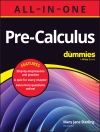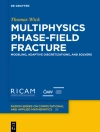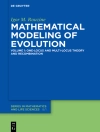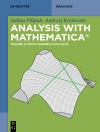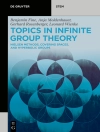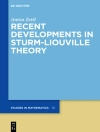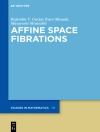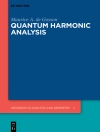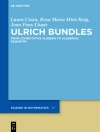Even at the beginning of the 21st century, we are far from becoming paperless. Pen and paper is still the only truly ubiquitous information processing technology. Pen-and-paper user interfaces bridge the gap between paper and the digital world. Rather than replacing paper with electronic media, they seamlessly integrate both worlds in a hybrid user interface. Classical paper documents become interactive. This opens up a huge field of novel computer applications at our workplaces and in our homes.
This book provides readers with a broad and extensive overview of the field, so as to provide a full and up-to-date picture of pen-and-paper computing. It covers the underlying technologies, reviews the variety of modern interface concepts and discusses future directions of pen-and-paper computing. Based on the author’s award-winning dissertation, the book also provides the first theoretical interaction model of pen-and-paper user interfaces and an integrated set of interaction techniques for knowledge workers. The model proposes a ‘construction set’ of core interactions that are helpful in designing solutions that address the diversity of pen-and-paper environments. The interaction techniques, concrete instantiations of the model, provide innovative support for working with printed and digital documents. They integrate well-established paper-based practices with concepts derived from hypertext and social media.
Researchers, practitioners who are considering deploying pen-and-paper user interfaces in real-world projects, and interested readers from other research disciplines will find the book an invaluable reference source. Also, it provides an introduction to pen-and-paper computing for the academic curriculum.
The present book was overdue: a thorough, concise, and well-organized compendium of marriages between paper-based and electronic documents.
Max Mühlhäuser, Technische Universität Darmstadt
Everyone interested in how to design for real-world activities would profit from reading this book.
James D. Hollan, University of California, San Diego
İçerik tablosu
1.Introduction.- 2.-Survey of Pen-and-Paper Computing.- 3.Interaction Model of Pen-and-Paper User Interfaces.- 4.Collaborative Cross-media Annotation of Documents.- 5.Hyperlinking between Printed and Digital Documents.- 6.Paper-based Tagging of Documents.- 7.Conclusions.- References.- Index.


